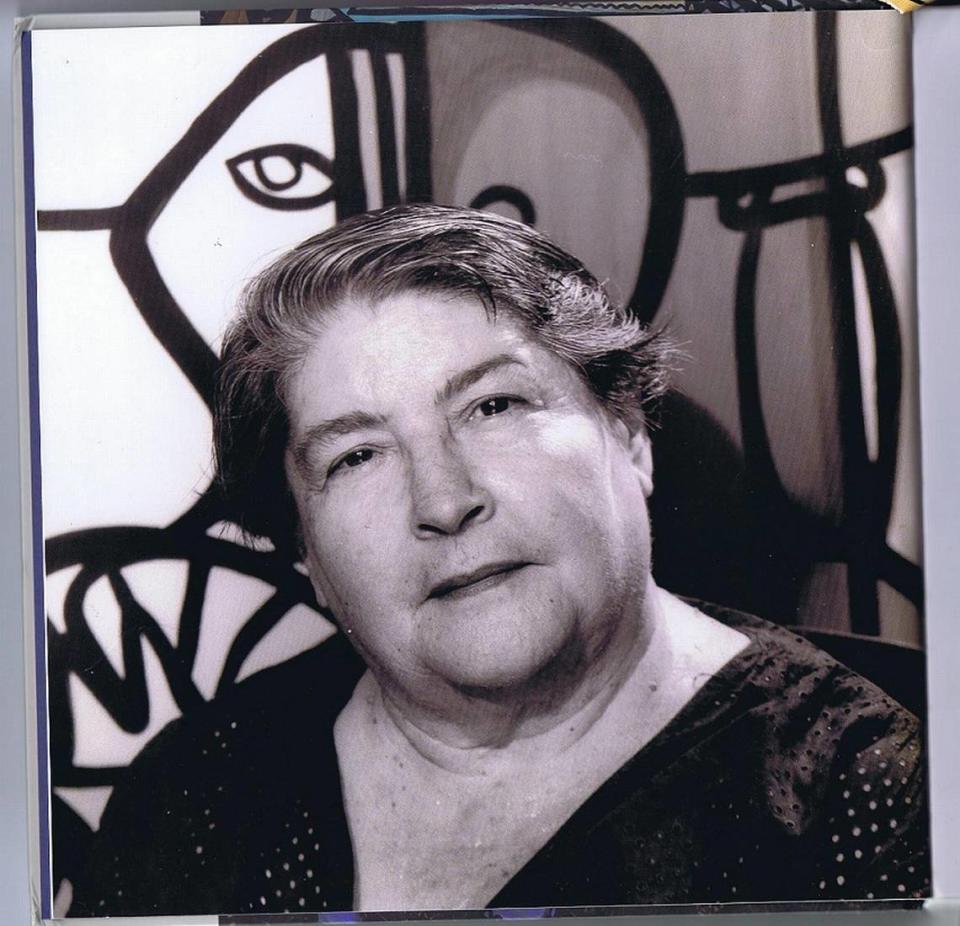‘Liberating her art’: NFTs will be minted to protect the work of Cuba’s Amelia Peláez
Amelia Peláez Del Casal is known as the Frida Kahlo of Cuba. Her paintings — and the very home she occupied — helped define a generation of Cuban artists that saw their heyday coincide with the rise of the Castro-led regime. That regime ultimately confiscated much of their work.
As a result, works by Peláez — often referred to simply as “Amelias” — have been the subject of numerous forgeries and unofficial composites over the years. She died in 1968.
Now, the Miami-based Amelia Peláez Foundation, headed by her descendant and Miami-based playwright, actor, and filmmaker Carmen Peláez, is launching a series of NFTs. These digital non-fungible tokens certify proof of ownership. The goal, Peláez says, is “liberating” the art of Amelia Peláez from the Cuban government.

“I find it obscene that this authoritarian regime has for 62 years controlled art that was never theirs to begin with,” Peláez said.
Most of the original Amelias remain hostages of the current regime, she said. And often, the conditions they are held in are deplorable.
“That’s why we’re liberating her art,” Peláez said. “Instead of keeping them in warehouses where there are broken humidifiers, or the regime making copies and flooding the market with fakes … we’re breaking new ground in the digital space.”
So Peláez and the Amelia Peláez Foundation she runs are launching AMELIASNFT to sell first-edition copies of her works that are certified by NFTs. Proceeds from the sale will help create a definitive catalog of her work “effectively wiping fake Amelia paintings off the market,” while shutting off a financial resource “for the most cynical in the dictatorship’s art market,” Peláez said in a blog post explaining the project.
They will also support groups such as Miami Freedom Project and Cubalex in their democracy and legal initiatives for a democratic Cuba free of political prisoners.
In the post, Peláez further explained the intention of the project:
“Amelia never belonged to the revolution. Amelia will always belong to Cuba and Cubans wherever they may find themselves. Were she alive now, I know she wouldn’t stand by quietly as the dictatorship jailed artists, poets and innocent Cubans demanding their freedom. She would do whatever she could to support them. For Amelia, life without integrity was nothing at all.”
The NFTs will be available Dec. 8 at AmeliasNFT.com.

